Gender and sexuality: It’s not a choice
Gender and sexuality are issued to you the moment you enter this world. The hospital labels you as male or female from the minute you are born. Your family offers you toys to play with based on the gender you were assigned at birth: toy guns, cars and trucks for a boy, and princesses, dolls and kitchen sets for a girl. You’re also presumed straight from the moment you are born. You’ll be asked if that person is your girlfriend/boyfriend as soon as you start talking to someone of the other sex. You’re told that this is who you are, and you aren’t offered the choice to disagree.
You just don’t wake up one day and decide, “you know what, I’m gay” or “I don’t want to be a girl any longer, let’s change my gender.” You don’t just “decide” your sexual orientation and gender. No. This isn’t how it works. Yes, you may have come to the realization that you don’t fit into the typical gender stereotypes or that you don’t wish to date someone of the opposite sex, but one also needs to realize that none of this means making a choice. Similarly, a boy preferring to play with dolls, rather than the gender-stereotyped trucks or cars, does not imply that he is gay. He is not somehow “choosing to be gay”; he chooses to play with dolls because it is something he enjoys doing.
Being labeled as “cis” and “straight” from birth can make children who don’t fit these labels feel alienated and invalidated from the start. This discrepancy often makes them feel as if they aren’t a part of this life and can cause issues such as gender dysphoria, feeling like their biology doesn’t match their identity.
They are also often made to feel lost and invisible in their own homes. A child, from the time they are born, is given gender-specific roles. For instance, in a lot of households, if you’re a girl, you learn to help around the house, and if you’re a guy, you learn to take care of the family financially. Society has reinforced this notion to the point where every child is terrified to question their sexuality or gender identity because they are scared that they will not fit into the norms of society. They are afraid of the consequences that will befall them if they fail to fit in.
When families instill these prejudices in their children, their children can become so engulfed in mental anguish that they are unable to recognize themselves. To cope with this lack of acceptance, young people fall back on secret therapy appointments, substance abuse, poor mental health and so on. In fact, in a 2021 survey from the Trevor Project, about 70% of LGBTQ youth stated that their mental health was ‘poor’ during the COVID-19 pandemic. Furthermore, only one in three LGBTQ youth found their home to be affirming, and 42% of the youth reported symptoms of major depressive disorder at some point in their lives.
The fact that their houses don’t make them feel at home and that they face anxiety issues just because their identity is not what society wants sets them up for poor mental health. Parents must stop labeling things as “for girls” and “for boys” and start letting their kids know that gender doesn’t matter in the ways society might say it does.
As a pansexual demi girl, I can assure you that one’s sexual orientation and gender identity are not personal decisions. I didn’t suddenly “choose” not to be straight or to use she/they pronouns on a whim. At a point in my life, I just realized that no, I am not comfortable with just she/her pronouns. I am not just attracted to guys. I don’t identify as a female and I am definitely not straight. I am neither cisgender nor heterosexual, and no one can tell me otherwise. Knowing your identity is not a process that takes place overnight.
I did not pick my orientation to “keep up with the trend.” Nor did I decide to be tormented by homophobic and transphobic people all over the world. According to the BBC, homosexuality is punishable by death in over five countries and could lead to imprisonment in 70. That is not what I planned for my life; it’s simply what I am.
People have lost sight of the simple concept of identity and have overcomplicated basic issues such as gender and sexuality. Simply stating that you are gay or trans can cause people in the traditional and conservative culture to gasp as if you have murdered someone. The word “gay” even sometimes works as a curse word in our society, an insult against weak guys, used even by kids in elementary school. Boys who aren’t physically strong or show emotional vulnerability are told, “stop acting like a girl” or “you’re so gay.”
Bullies use these insults, along with slurs, to put others down because of the stigma around gender nonconformity. They begin to see homosexuality as a threat to “the way things have always been,” which they believe is heterosexuality, but in reality, it is simply them enforcing heterosexuality and attempting to take away the right to identify in the way that some people desire.
We, the humans, are the ones who have made a simple concept like love so difficult to comprehend. Identifying as LGBTQIA+ does not diminish your worth as a person, and you still deserve to be treated as a human being. You are still deserving of your parents’ love, and you still have the right to be happy. You should be proud of yourself for gathering the courage to deal with the public disdain. It makes no difference whether your identity is accepted or rejected by those around you. You are a human being. You are real. You exist. And yes, you exist as the person you choose to identify as, not the one society compelled you to identify with.
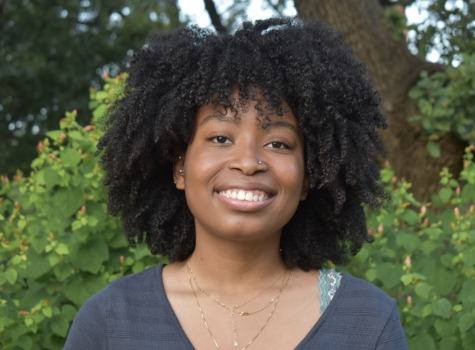
Hi, my name is Jaida and I am an illustrator for the Trinitonian. I am double majoring in international studies and art and I started working for the trinitonian...

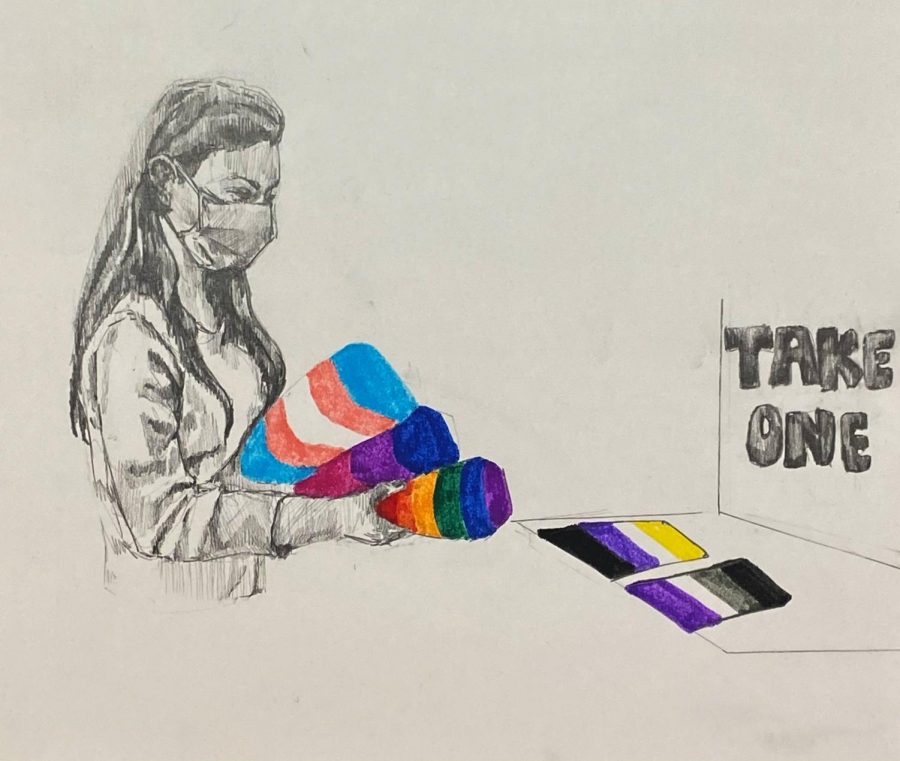
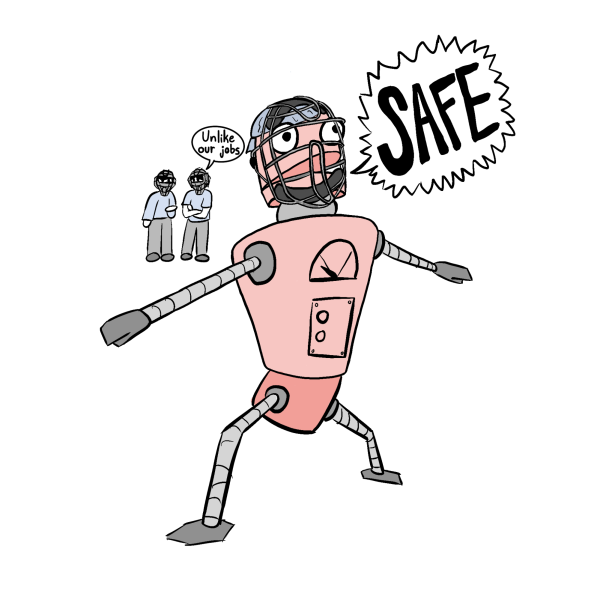
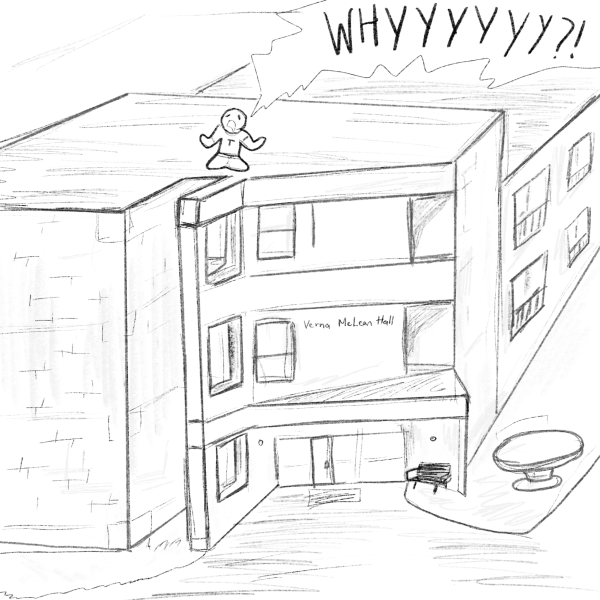
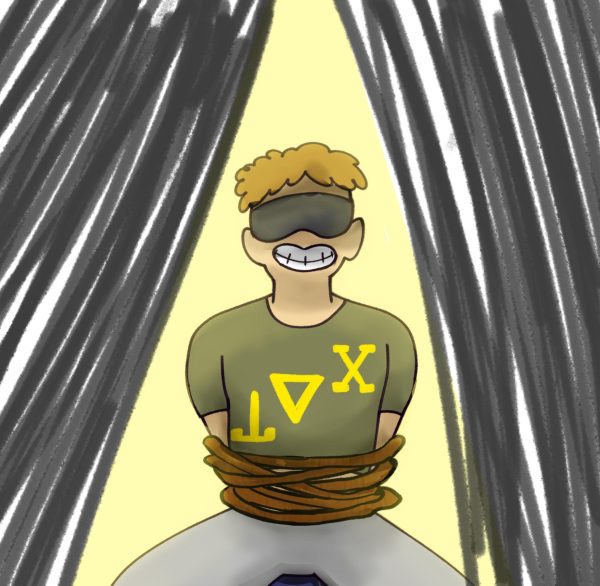
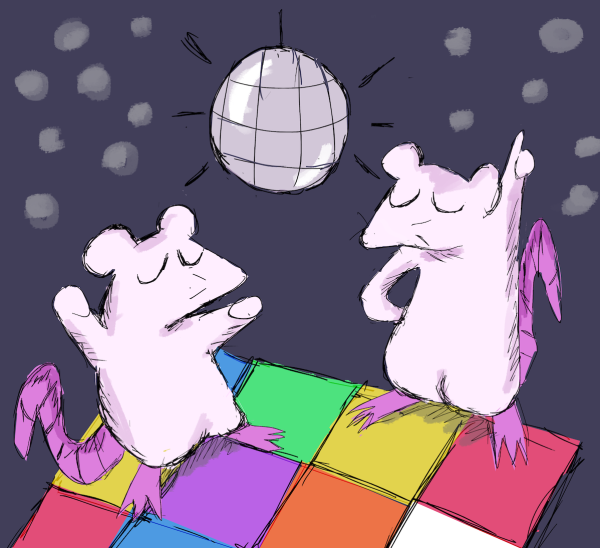
Jeet • Sep 30, 2021 at 11:27 pm
This is the most beautiful article I’ve ever come across. The typical mindset of people stereotyping every task NEEDS TO CHANGE!
Quoting the last paragraph again as it touched so deep. “We, the humans, are the ones who have made a simple concept like love so difficult to comprehend”